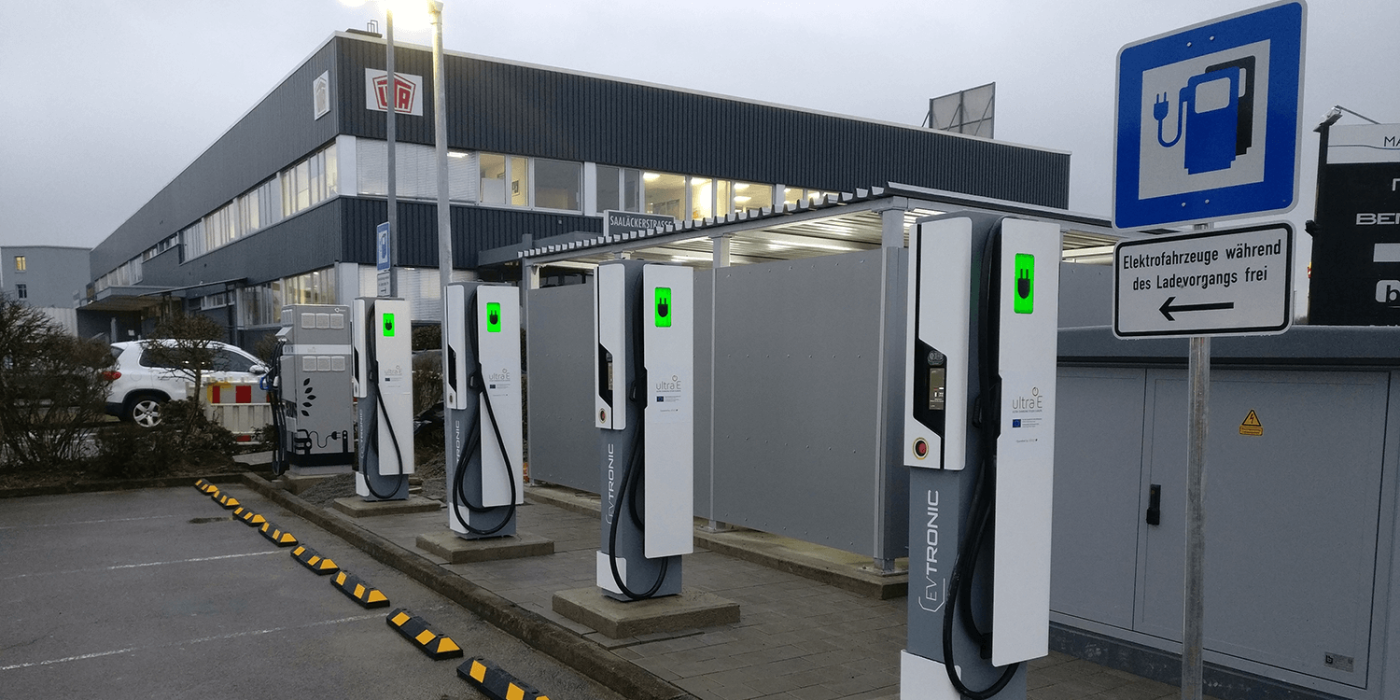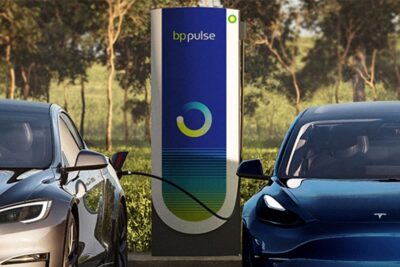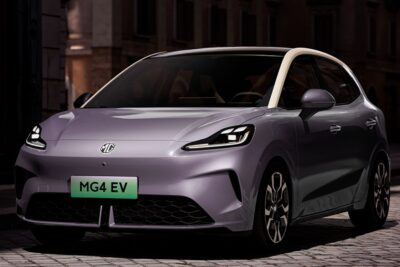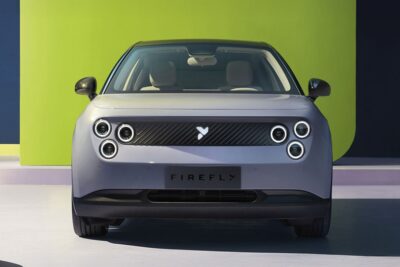National Grid to install high power charging across UK
The UK’s network operator National Grid plans to install 50 high power charging stations with 350 kW across the Isles. It figures that it would be enough to position any UK citizen within 50 mile reach of a charge spot.
The Financial Times reports that the company has found that strategic placement of the chargers on UK motorways would put 90 percent of drivers within 50 miles of a charger.
Furthermore, this strategy would also connect the ultra-fast chargers to National Grid’s high-voltage electricity transmission network itself, rather than local grids, thus working around concerns of EVs overloading the grid at peak times and enbaling an almost natural connection.
“We want to show that infrastructure needn’t be a barrier. This is not about National Grid charging vehicles, but National Grid enabling the charging to happen. Range anxiety is consistently given as a major reason as to what deters consumers from buying EVs and we have a solution that addresses this,” said a National Grid spokesman.
However, the electricity company only wants to set up and wire the stations properly while others shall operate them. This means the price to charge will be decided by the eventual owners of each station. The Grid estimates cost for the installation to come in at between 500 million-1 billion pounds, at least until technology becomes cheaper.
50 individual chargers are planned for each charging station, making the network a very large one, designed indeed to bring the UK into very fast-charging territory. Similar efforts have been progressed on the continent, where Fortnum and Allego want to install high power charging across Europe (we reported). First to the game of 350 kW charging were the German carmakers and the Ionity network of 400 stations in Europe has just been mapped out. The most recent effort saw Renault get on board of HPC as it wants to set up the E-VIA FLEX-E network in the South of Europe.
The spokes man for National Grid also called for a coordinated approach to infrastructure, adding that “our solution is about future proofing; not just for cars but for light goods vehicles and trucks in the future.”
ft.com (paywall) via autocar.co.uk





0 Comments